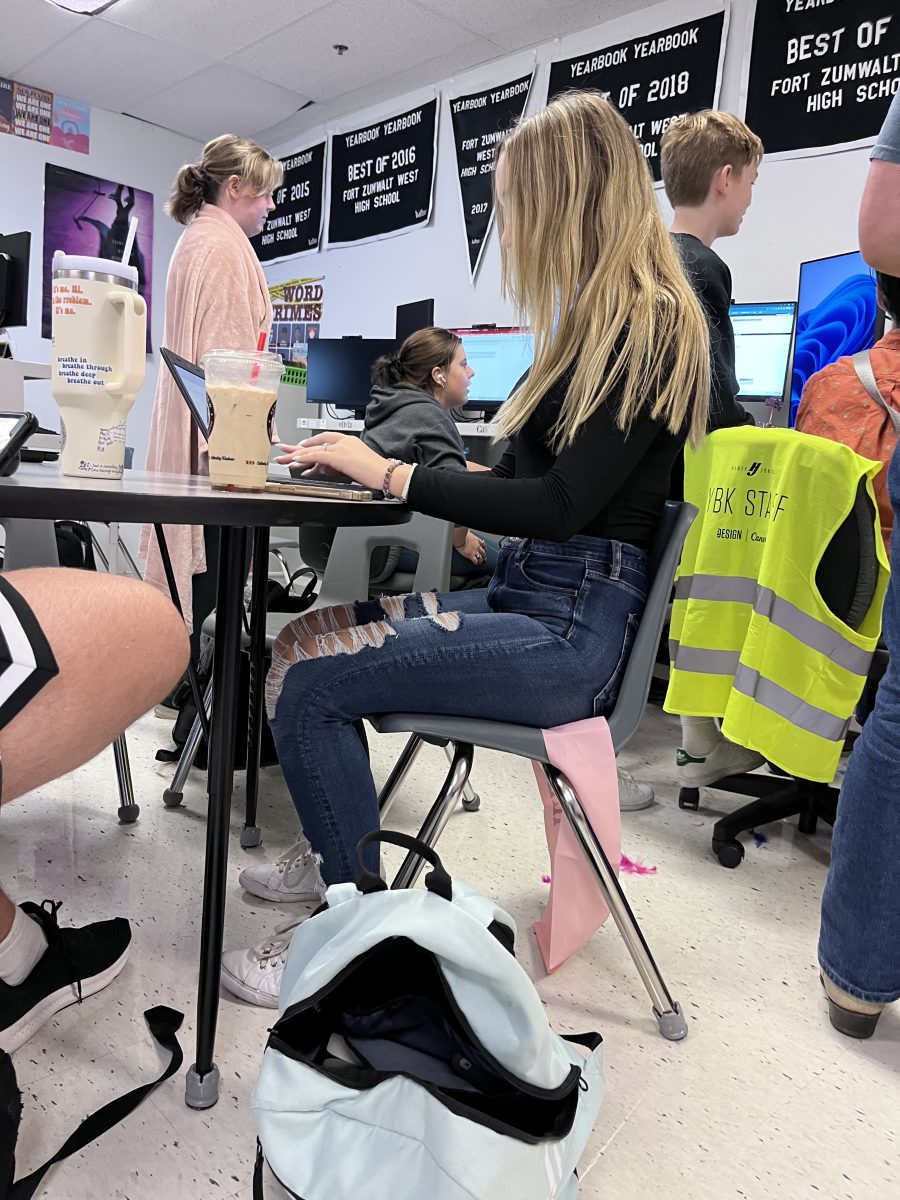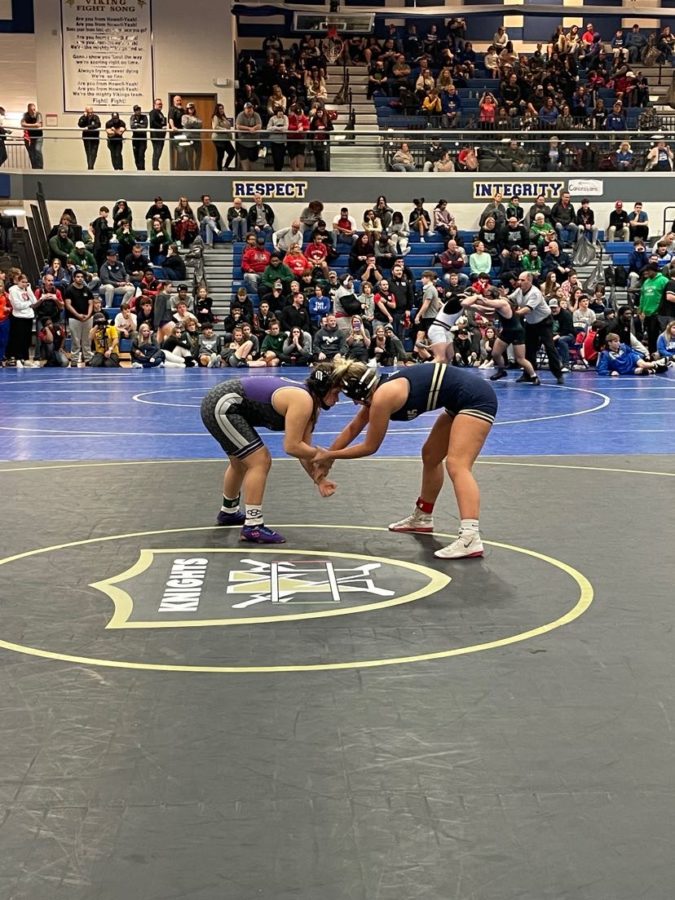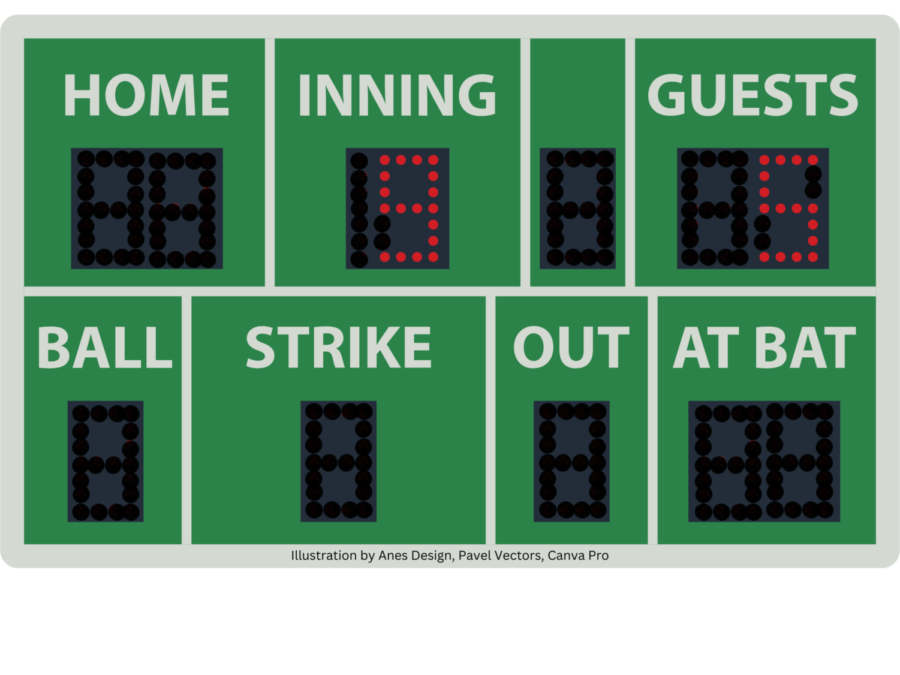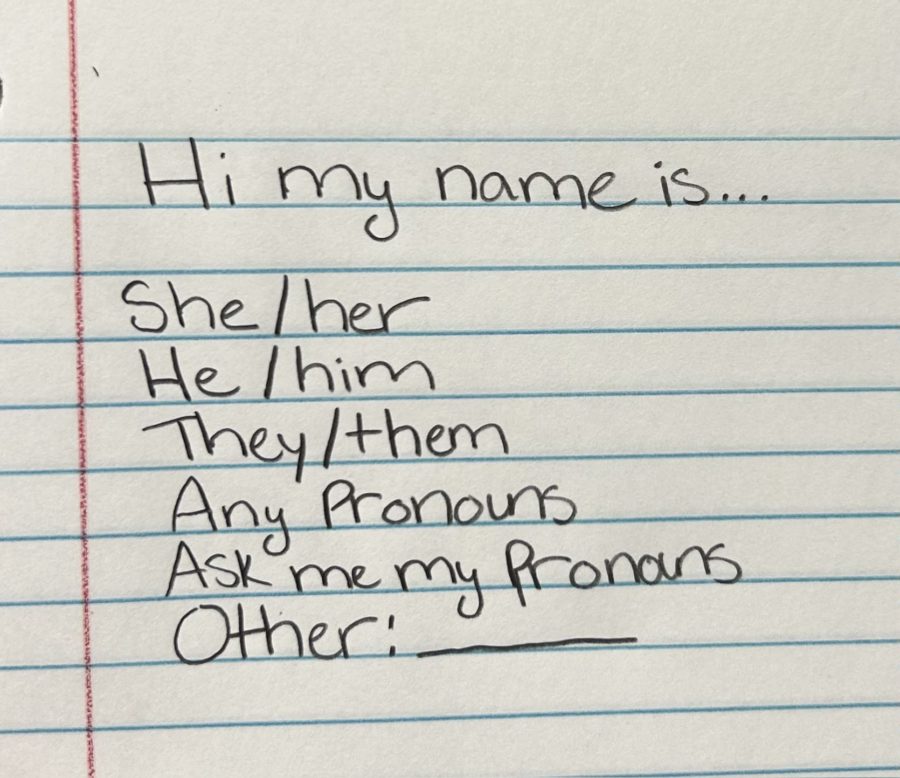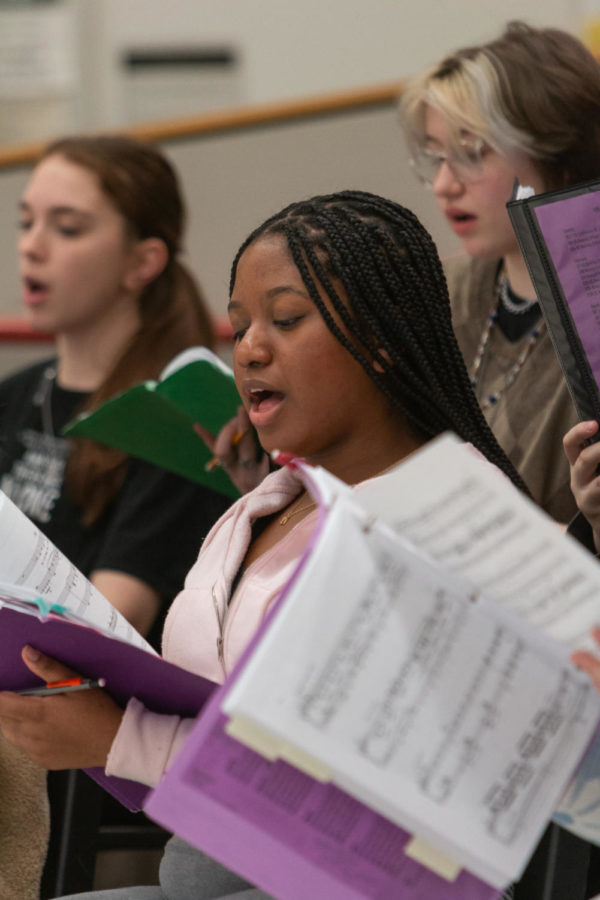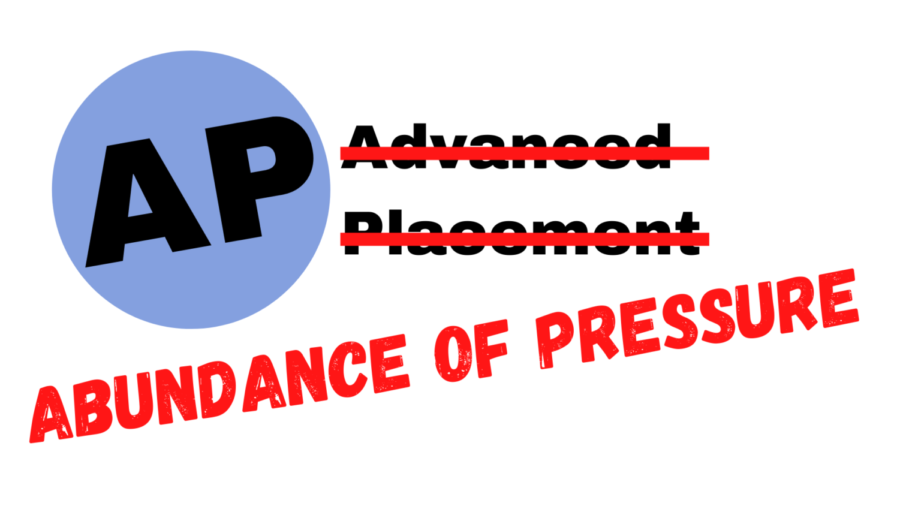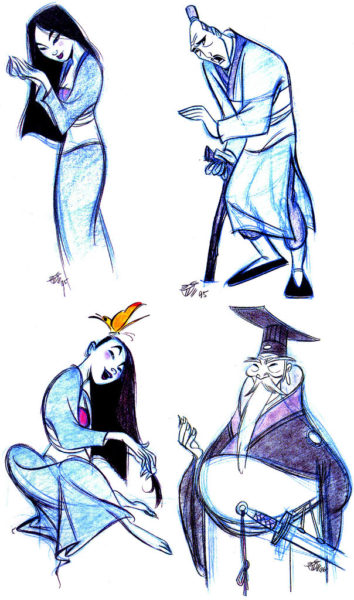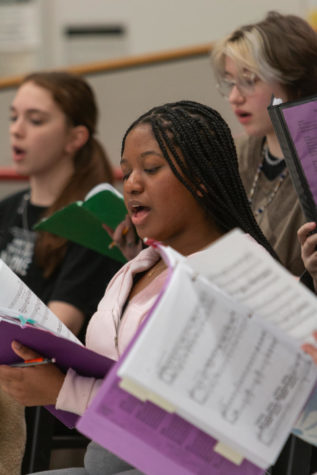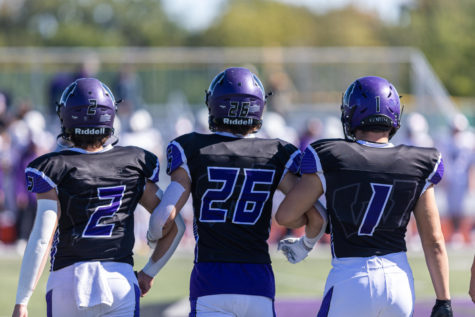Abundance of Pressure
Advanced Placement courses are overly pressured upon students
Advanced Placement (AP) exams are designed to test students’ understanding of a particular subject and evaluate whether or not students are absorbing the information at a college level. These courses should not be pressured on students because not all students are ready to learn at a college level. Additionally, students are involved in time-consuming extracurriculars, and not every college accepts these credits even if someone passes the test.
To begin, school does not come easy to everyone. Everybody learns at a different pace and has different learning styles. The pace of AP courses could be overwhelming to students who have a slower learning pace, which could be detrimental to their ability to retain the information.
Combining extracurriculars with this heavy workload is too much for any person to handle. Per AP class, the average time spent on homework is 30-45 minutes each night, according to mvrhs.org. This does not take into account lengthy projects or extra study time.
In 2018, a report “A Child’s Day” found that 42% of school-aged children were involved in sports, 30% were involved in some type of lessons, 28% were involved in clubs and 9% of children participated in all three of these extracurricular activities, according to census.gov. Those numbers do not include the 11.8% of students who have after-school jobs, according to bls.gov. Students have responsibilities outside of school. A seven-hour school day followed by extracurricular activities is very overwhelming, especially when students should be enjoying their high school years.
Others may argue that an average typical college course costs $935, according to educationdata.org. The AP exams are a lot cheaper, as they are $96 per test. This is a much cheaper alternative and is beneficial to low-income families who can not afford a full college education.
Although this is a cheaper option, the AP exam does not ensure college credit hours and not all colleges accept the exam scores even with a passing score. Washington University in St. Louis only accepts fives on the exam for credit, which an average of 17% of all students who took AP tests in 2020 received, according to collegeboard.org. School administrators preach that AP exams will be the leading factor of acceptance into these prestigious colleges, but in reality, AP scores do not mean that much at distinguished schools.
Furthermore, college is not the best route for every student. In 2014, 16 million Americans were enrolled in a trade school, according to jamesmartin.center.com. To students who enroll in a trade school, AP courses are pointless because it does not benefit them in their careers. High school is a time for students to understand their learning capabilities and determine whether or not college is the best path for them, AP courses do not always suit these paths.
The concept of AP courses is sprung onto students even before the full courses are offered. Administrators describe these courses as the best fit for all students, but not every student wants to attend college or has the time management to handle the intense coursework. The constant pressure placed on high schoolers to take these courses could push students past their limits and put them in an overall negative state of mind. Each student should be able to decide on the most beneficial classes based on their wants and needs of their education without the outside stress of administrators.










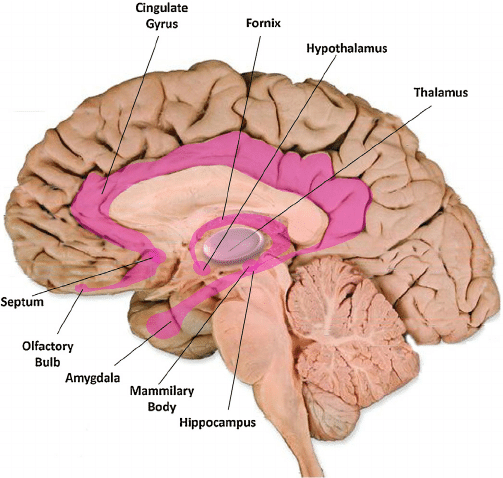






![Orchestra teacher Mieloch is seen directing the orchestra. Mieloch has been teaching for 14 years and is passionate about music.
“Ever since eighth grade I wanted to be a conductor,” Mieloch said. “When I got into high school, I had a couple of really great teachers that made me want to be a teacher and I felt like ‘let’s put them together,’ and I [became] an orchestra teacher.”](https://fzwnews.com/wp-content/uploads/2023/11/kUyj9QUMZeOPBGTDD833b9WDk7Yvt7yppa5Htzqv-800x1200.jpg)
